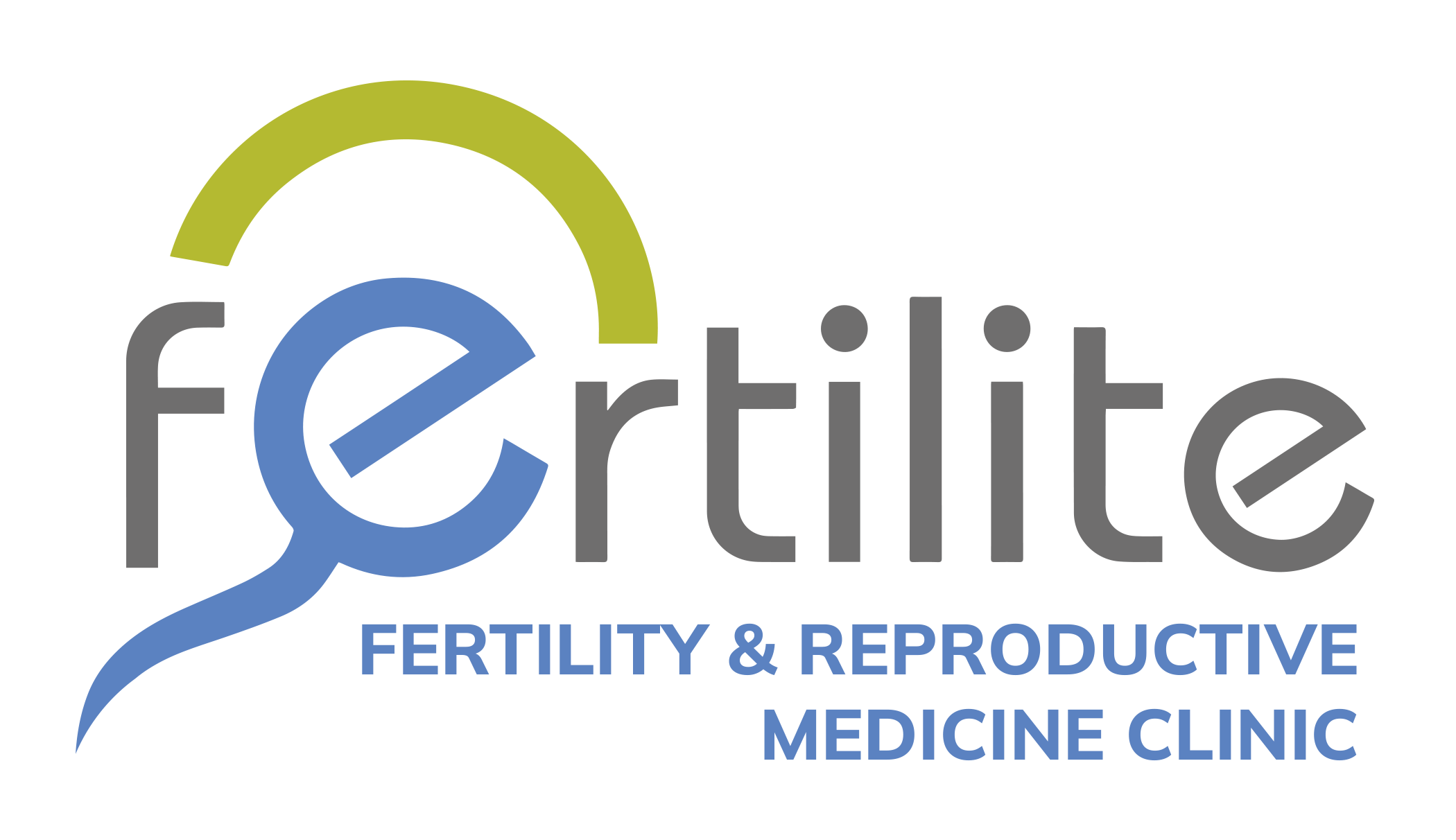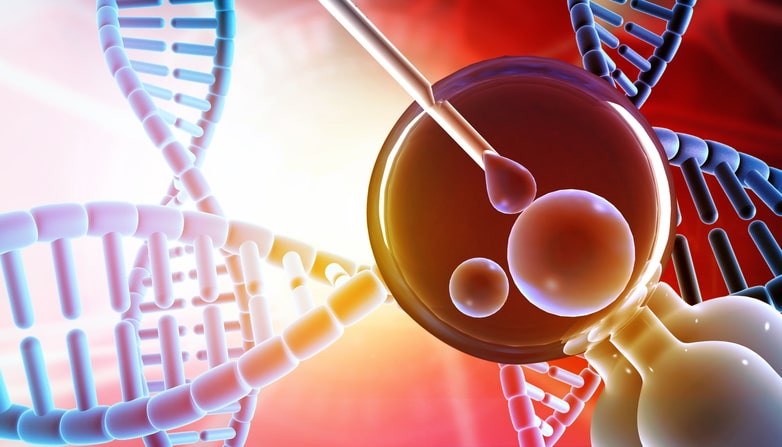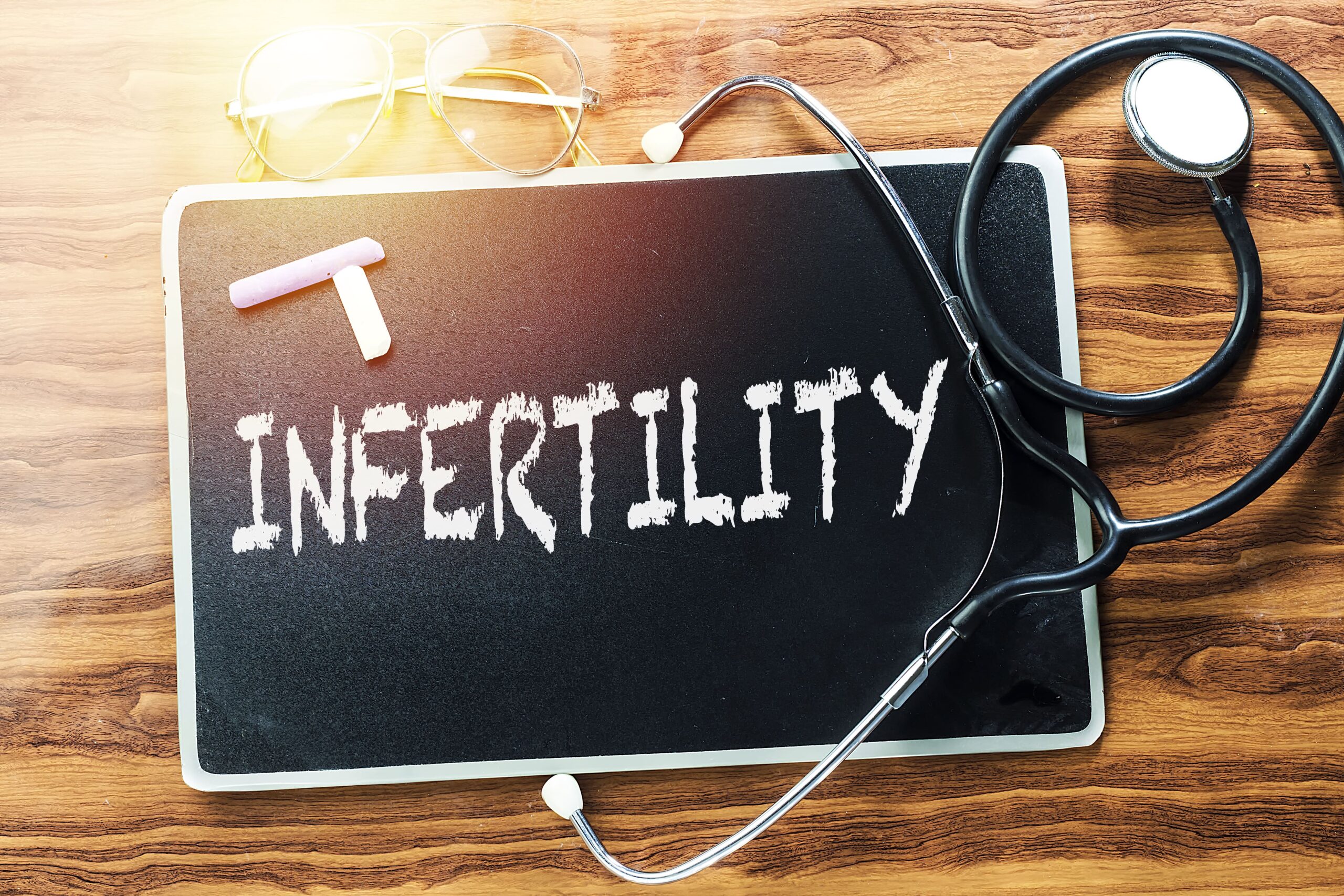Introduction to Genetics and Fertility
Fertility, the natural capability to conceive and bear offspring, is influenced by a multitude of factors, including lifestyle, environmental conditions, and most importantly, genetics. Genetic factors play a crucial role in both male and female fertility, affecting everything from the production and quality of gametes (sperm and eggs) to the successful implantation and development of an embryo. Understanding how genetics impact fertility can provide valuable insights for individuals and couples facing infertility challenges.
Genetic Factors in Female Fertility
Chromosomal Abnormalities
Aneuploidy
One of the most common chromosomal abnormalities affecting fertility is aneuploidy, where there is an abnormal number of chromosomes. Conditions like Turner syndrome (45, X) and Triple X syndrome (47, XXX) can impact ovarian function and fertility. In the U.S., approximately 1 in 2,000 to 5,000 live female births are affected by Turner syndrome.
Translocations
Chromosomal translocations, where segments of chromosomes are rearranged, can lead to recurrent miscarriages and infertility. In Mexico, studies have shown that about 2-5% of couples with recurrent miscarriages have one partner with a chromosomal translocation.
Gene Mutations
BRCA1/BRCA2
The BRCA1 gene mutation can impact reproductive health, potentially leading to a reduced ovarian reserve, which might affect fertility. Women with this mutation also face higher risks of breast and ovarian cancers, often considering preventive measures that can affect their natural fertility, such as early egg or embryo freezing or prophylactic ovary removal. It is important for women with a BRCA1 mutation to consult with healthcare professionals specializing in genetics and fertility to navigate their reproductive options effectively.
Fragile X Syndrome
Carriers of the Fragile X premutation can experience premature ovarian insufficiency, leading to reduced fertility. In the U.S., about 1 in 151 women carry the Fragile X premutation.
Polycystic Ovary Syndrome (PCOS)
PCOS is a complex genetic condition characterized by hormonal imbalance, irregular menstrual cycles, and ovarian cysts. It is one of the leading causes of female infertility. PCOS affects approximately 6-12% of women of reproductive age in the U.S. In Mexico, the prevalence of PCOS is estimated to be around 6.6% among women of reproductive age.
Endometriosis
Endometriosis, a condition where tissue similar to the lining of the uterus grows outside the uterus, has a genetic component. Women with a family history of endometriosis are more likely to develop the condition, which can cause chronic pain and infertility. Endometriosis affects about 10% of women globally, with similar prevalence rates in the U.S. and Mexico.
Genetic Factors in Male Fertility
Y Chromosome Microdeletions
Microdeletions in the Y chromosome can lead to severe male factor infertility. These deletions often affect genes involved in spermatogenesis (the production of sperm), resulting in low sperm count or azoospermia (absence of sperm). In the U.S., Y chromosome microdeletions are found in about 1-2% of men with low sperm count and up to 15% of men with azoospermia.
Klinefelter Syndrome
Klinefelter syndrome (47, XXY) is a genetic condition where males have an extra X chromosome. Men with Klinefelter syndrome often have small testes, low testosterone levels, and impaired spermatogenesis, leading to infertility. The prevalence of Klinefelter syndrome is about 1 in 500 to 1 in 1,000 male births in both the U.S. and Mexico.
Cystic Fibrosis
Mutations in the CFTR gene, responsible for cystic fibrosis, can lead to congenital bilateral absence of the vas deferens (CBAVD) in men, resulting in obstructive azoospermia. While these men produce sperm, the absence of the vas deferens prevents sperm from being present in the ejaculate. In the U.S., cystic fibrosis affects about 1 in 3,500 live births, with similar rates observed in Mexico.
Other Genetic Disorders
Myotonic Dystrophy
This genetic disorder can affect male fertility by causing testicular atrophy and reduced sperm production. Myotonic dystrophy affects about 1 in 8,000 to 1 in 20,000 people worldwide, with similar prevalence rates in the U.S. and Mexico.
Androgen Insensitivity Syndrome
Mutations affecting androgen receptors can lead to varying degrees of infertility depending on the level of insensitivity. Androgen insensitivity syndrome occurs in about 1 in 20,000 to 1 in 50,000 male births globally.
Impact of Genetic Testing on Fertility Treatment
Preimplantation Genetic Testing (PGT)
This testing is performed on embryos created through IVF to screen for genetic abnormalities before implantation, increasing the chances of a successful pregnancy and reducing the risk of genetic disorders. PGT is widely used in both the U.S. and Mexico.
Carrier Screening
Genetic carrier screening helps identify individuals or couples who carry genes for certain inherited disorders, providing crucial information for family planning and fertility treatments.
Conclusion
Genetics play a fundamental role in determining fertility, influencing various aspects of reproductive health in both men and women. By understanding the genetic factors that affect fertility, individuals and couples can make informed decisions about their reproductive health and explore appropriate treatment options. Advances in genetic testing and personalized medicine continue to enhance the ability to diagnose and treat genetic causes of infertility, offering hope to those striving to achieve their dream of parenthood. In both the United States and Mexico, ongoing research and clinical practices are helping to address and manage genetic factors impacting fertility, paving the way for better outcomes and successful pregnancies.
References
- World Health Organization. (2024). Infertility. Retrieved August 21, 2024, from https://www.who.int/news-room/fact-sheets/detail/infertility
- Gromatzky, H., & DeCherney, A. H. (2014). Infertility in women. In The Global Library of Women’s Medicine. Retrieved from https://www.ncbi.nlm.nih.gov/books/NBK132134/
- National Cancer Institute. (2023). BRCA gene mutations: Cancer risk and genetic testing. Retrieved from https://www.cancer.gov/about-cancer/causes-prevention/genetics/brca-fact-sheet
- Fertilite Center. (2024). Overcoming endometriosis: Advanced strategies to achieve motherhood at Fertilite Center. Retrieved August 21, 2024, from https://fertilitecenter.com/overcoming-endometriosis-advanced-strategies-to-achieve-motherhood-at-fertilite-center/
- Fertilite Center. (2024). Preimplantation genetic testing in embryos (PGT). Retrieved August 21, 2024, from https://fertilitecenter.com/preimplantation-genetic-testing-in-embryos-pgt/
- Fertilite Center. (2024). Reproductive genetic counseling. Retrieved August 21, 2024, from https://fertilitecenter.com/reproductive-genetic-counseling/




